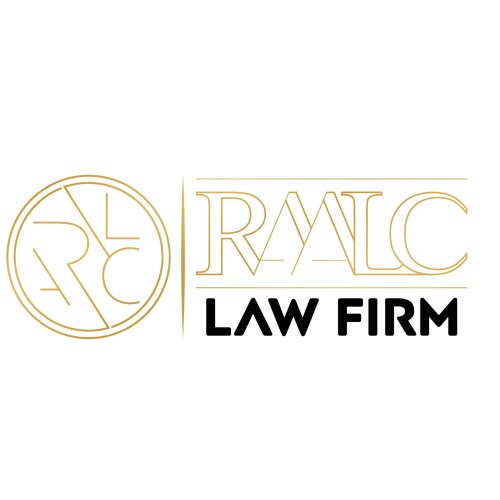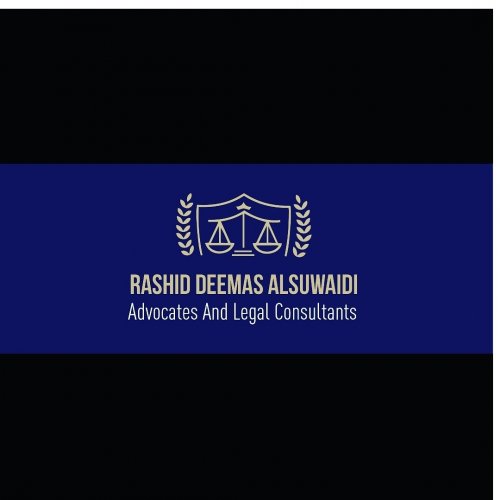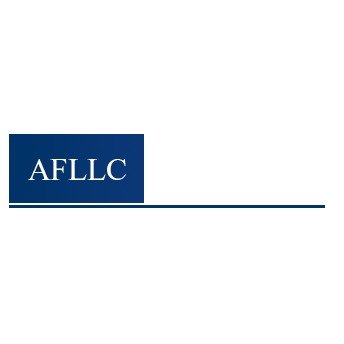Best Landlord & Tenant Lawyers in Sharjah
Share your needs with us, get contacted by law firms.
Free. Takes 2 min.
Free Guide to Hiring a Real Estate Lawyer
List of the best lawyers in Sharjah, United Arab Emirates
United Arab Emirates Landlord & Tenant Legal Articles
Browse our 1 legal article about Landlord & Tenant in United Arab Emirates written by expert lawyers.
- Handling Dubai Rental Disputes: A 2025 Guide for Landlords and Tenants
- Introduction: Navigating the 2025 Rental MarketUnderstanding Dubai's Regulatory StructureDubai Land Department (DLD)Real Estate Regulatory Agency (RERA)Rental Disputes Center (RDC)The Legal Framework: Laws No. 26 and 33The Tenancy Agreement and Ejari RegistrationMandatory Registration RequirementsAutomatic Renewal ProvisionsThe 2025 Smart Rental Index RevolutionFrom Static Calculator to Dynamic AI SystemStar Rating System and Property... Read more →
About Landlord & Tenant Law in Sharjah, United Arab Emirates
Law in Sharjah, just like the rest of the UAE, is subject to a federal legal system that is characterized by civil law influences from Roman, Egyptian, French, and Islamic law. In the realm of Landlord & Tenant issues, rules and regulations govern various aspects of rental agreements in order to maintain fairness and harmony between the two parties. This includes areas such as rent increases, termination of lease, and the rights and responsibilities of both parties in different situations.
Why You May Need a Lawyer
Engaging in a legal dispute can be a complicated process, especially if you're not familiar with Sharjah's rules and laws. Situations like legal disputes with your landlord or tenant, eviction cases, drafting rental contracts, and legal advice on rights and obligations, all require the assistance of an experienced lawyer. These situations also require an understanding of the latest local laws and court procedures, which can best be provided by lawyers who are well-versed in Sharjah's legal system.
Local Laws Overview
The key terms of Sharjah's Landlord & Tenant laws are often specific to the Emirate. Some of these include the permitted maximum rent increase, which is legislated by the Sharjah Municipality and varies based on the inflation rate and market conditions. Landlords also have the right to terminate leases under specific circumstances, like if the tenant uses the property for illegal activities or fails to pay rent after a grace period. On the other hand, tenants also have rights like claiming compensation if the landlord fails to carry out necessary repairs or maintenance.
Frequently Asked Questions
Can a landlord increase the rent arbitrarily?
No, they cannot. Sharjah law has set guidelines for rent increases that should be adhered to. The landlord has to give at least 90 days notice period before increasing the rent.
After how long can a landlord increase the rent?
As per Sharjah law, the landlord can increase the rent after three years of the lease agreement. The increase should also not exceed 20% of the existing rent.
Can a tenant be evicted without reason?
A landlord cannot evict a tenant without a substantial reason. Valid reasons for eviction include the tenant failing to pay rent, damaging the property, or using the property for illegal activities. Even in those cases, the landlord needs to follow a set legal process.
Does a tenant need to pay for repairs and maintenance?
It depends on the terms of the lease agreement. Generally, minor repairs and maintenance are the tenant's responsibility while major repairs are handled by the landlord.
Can the landlord visit the property indiscriminately?
Above all other legalities, privacy rights must be respected. The landlord should provide notice to tenants about intended visits; and they should primarily be for the purpose of repairs, inspections, or showing the property to prospective buyers or tenants.
Additional Resources
You may find it beneficial to refer to official government websites such as the Sharjah Municipality or consult with local community organisations for more information. The Real Estate Regulatory Agency (RERA) also provides valuable advice and updates on laws related to rental issues in Sharjah.
Next Steps
If you need legal assistance in Landlord & Tenant matters, consider seeking advice from a legal expert familiar with Sharjah's laws. They can provide guidance tailored to your unique situation, and assist you in understanding and enforcing your rights and obligations under Sharjah's law. Also, understand that each case is unique and that this guide acts as a preliminary source of information and should not replace legal advice.
Lawzana helps you find the best lawyers and law firms in Sharjah through a curated and pre-screened list of qualified legal professionals. Our platform offers rankings and detailed profiles of attorneys and law firms, allowing you to compare based on practice areas, including Landlord & Tenant, experience, and client feedback.
Each profile includes a description of the firm's areas of practice, client reviews, team members and partners, year of establishment, spoken languages, office locations, contact information, social media presence, and any published articles or resources. Most firms on our platform speak English and are experienced in both local and international legal matters.
Get a quote from top-rated law firms in Sharjah, United Arab Emirates — quickly, securely, and without unnecessary hassle.
Disclaimer:
The information provided on this page is for general informational purposes only and does not constitute legal advice. While we strive to ensure the accuracy and relevance of the content, legal information may change over time, and interpretations of the law can vary. You should always consult with a qualified legal professional for advice specific to your situation.
We disclaim all liability for actions taken or not taken based on the content of this page. If you believe any information is incorrect or outdated, please contact us, and we will review and update it where appropriate.













